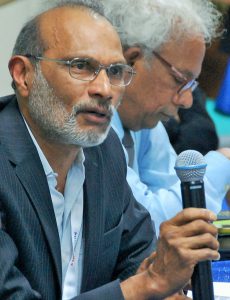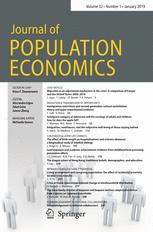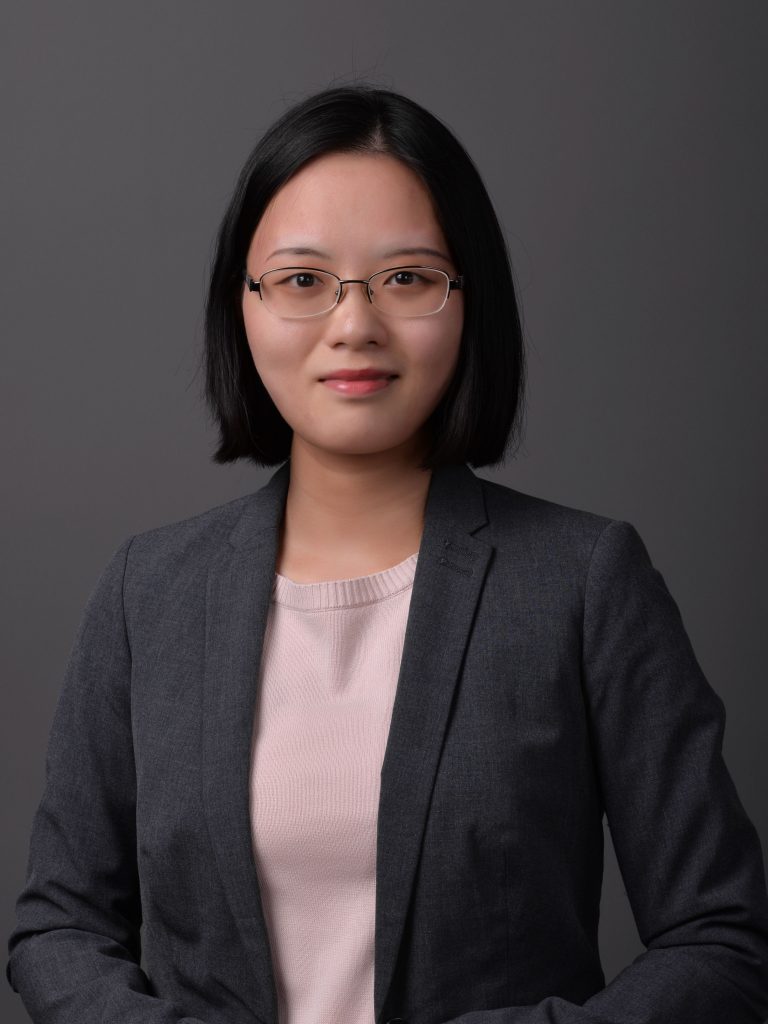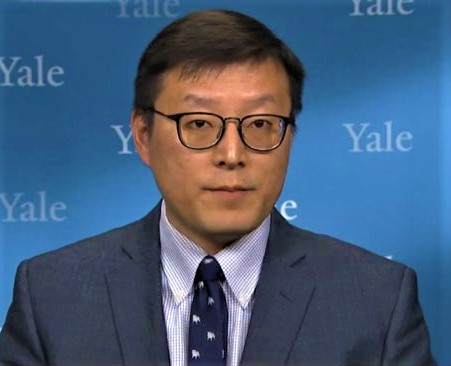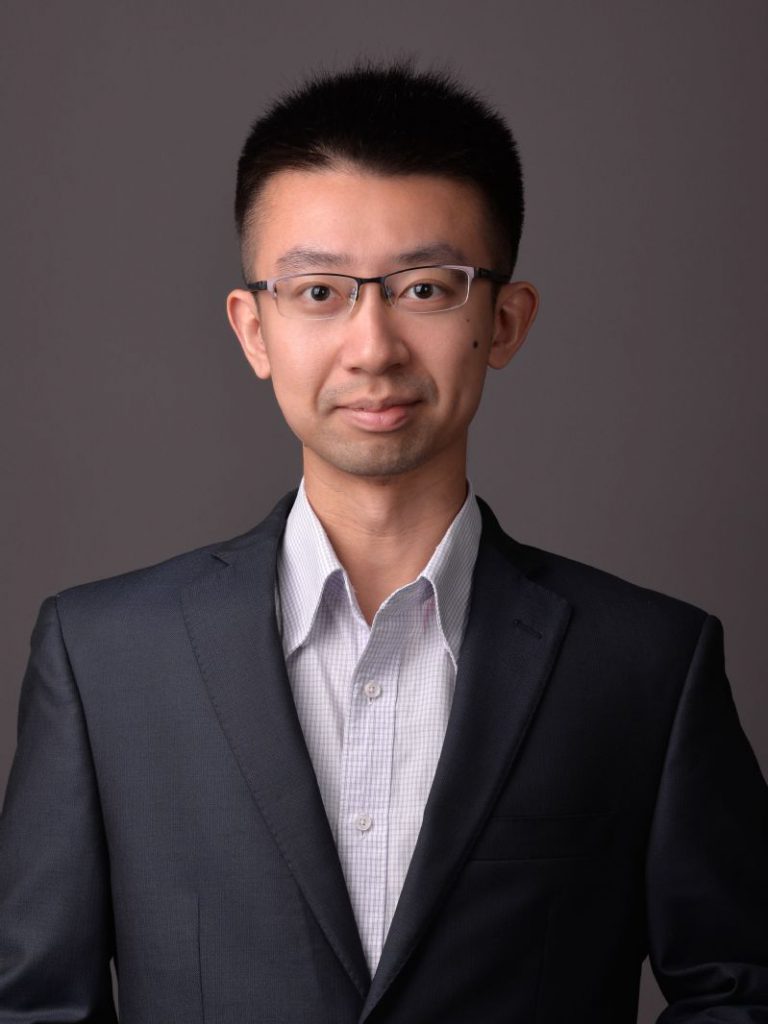A substantially revised version of a recent GLO Discussion Paper (also the GLO Discussion Paper of the Month March) on the Coronacrisis in China has been accepted after rigorous peer review for publication in the Journal of Population Economics. The responsible Editor (and Editor-in-Chief, E-i-C) of the Journal, GLO President Klaus F. Zimmermann, has given an interview to IESR, the Institute for Economic and Social Research of Jinan University, which has been published online today. It is documented below. Authors Yun Qiu & Wei Shi are Professors at IESR, Xi Chen is Professor at Yale University.
“Impacts of Social and Economic Factors on the Transmission of Coronavirus Disease 2019 (COVID-19) in China” by Qiu, Yun & Chen, Xi & Shi, Wei
Forthcoming: Journal of Population Economics, Issue 4, 2020.
PDF of the prepublication revised draft.
Major Findings
- Stringent quarantine, city lockdown, and local public health measures imposed since late January significantly decreased the virus transmission rate.
- Population outflow from the outbreak source region posed a higher risk to the destination regions than other factors including geographic proximity and similarity in economic conditions.
- Over 1.4 million infections and 56,000 deaths could have been avoided according to the estimates based on the analysis.
- Most effective was found to be “city lockdown” first followed by “closed management of communities” and “family outdoor restrictions”.
IESR: From your perspective, what is the most important contribution of this paper? And what kind of impact would you like to see this paper to have?
E-i-C: To my knowledge this is the first published paper in an economics journal dealing with the coronavirus challenge. We learn a lot about how it happened and what the reactions of public authorities and Chinese people were. It is indeed the objective of this rigorous study to separate the epidemiological process from those responses and to quantify them in the face of a difficult data situation. On this way, the paper defines methodological standards and provides conclusions that will serve as a reference for may studies to come for China and all parts of the world.
IESR: Why do you think this paper is a good fit with the Journal of Population Economics? How does this paper distinguish itself from other related work appeared on scientific and medical journals?
E-i-C: The virus crucially affects human risky behavior, wellbeing and mortality, which is at the core of population economics. The specific economic focus is the weight the paper gives to the analysis of individual and government behavior and counterfactual investigations.
IESR: The editorial process was exceptionally fast for this paper. Why do you think it is very important to have a fast track for this research? And how did the Journal make this expedited process possible?
E-i-C: It typically takes years to get a paper accepted in a top economics journal as a matter of principle. The standard is slow refereeing and substantial revisions of submitted papers and a tough process to access the highest-ranked possible outlet. The Journal of Population Economics is the leader in its field. Authors and Journal have seen the perfect match for this article early on, but the paper nevertheless went through the standard, high-quality anonymous peer refereeing. Three referees provided detailed reports with substantial requests for revision within a week, while a normal response time would be about six weeks. The authors responded within two weeks convincingly and very detailed to all suggestions to reach the best possible output at this time. We kept all administrative procedures at the minimum. All parties were very supportive due to the particular importance of this research for the current global debate.
IESR: Different countries have been taking different actions toward fighting COVID-19. We would like to hear your thoughts on the effectiveness of China’s strategies and actions, and if there are lessons can be learned by other countries.
E-i-C: It is well-known from previous pandemics that social distancing and the tracing of networks of infections are crucial for containing the disease. The lockdown measure of the Chinese strategy has been shown as very important. It has been followed by very many countries, although sometimes with some delay. However, since the challenge without proper medicine and with missing herd immunity is long-term, one should be cautious to pretend that the best detailed strategy is already obvious. The fear about a second wave of infections is present world-wide. We indeed hope to learn also from the differentiated strategies across countries to handle the crisis and to search and test for hard empirical evidence.
IESR: Do you have any other thoughts related to this research that you’d like to share with us?
E-i-C: The core of the best policy advice is good data to understand, follow and influence the process of the disease. The data which is world-wide in use has many difficulties, e.g. even when it comes to understand the basis issues who is infected or recovered, and to separate who died with or because of the virus. We need better statistics and instruments for ad hoc-surveys. We further need to study the global institutional flexibility to better react to pandemics.
*********
IESR is the Institute for Economic and Social Research of Jinan University; E-i-C is the Editor-in-Chief of the Journal of Population Economics and GLO President Klaus F. Zimmermann, who was the acting responsible Editor of the paper.
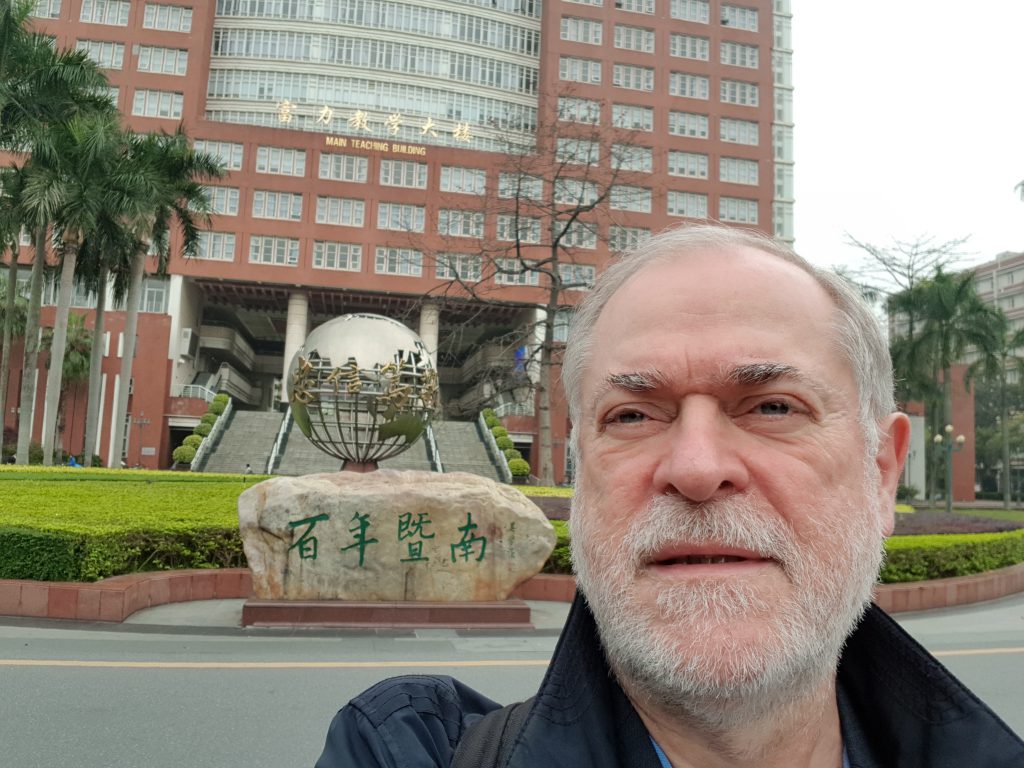
Klaus F. Zimmermann 2019 at Jinan University 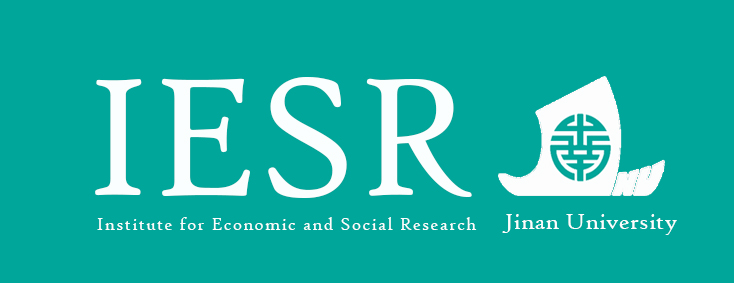
Related interview: #Coronavirus and now? GLO – Interview with Top #Health Economist Xi Chen of Yale University
Other related GLO activities.

Ends;

